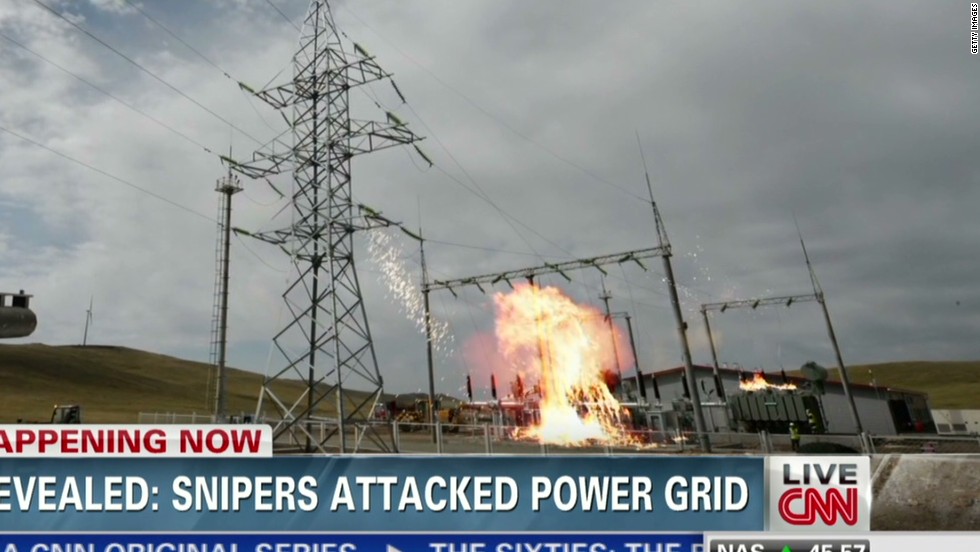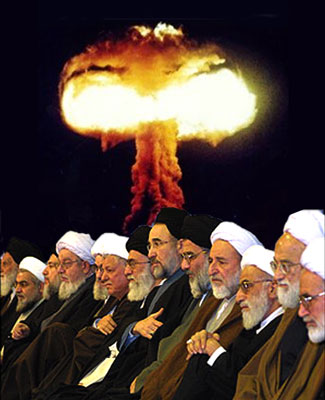 |
| Centrifuges for Uranium separation. That's what all the Shouting is about... |
And just exactly how one-sided an agreement do they think Iran would be willing to sign? Their definition of a 'bad deal' seems to be one where both sides get what they want. A 'good' deal, then, would be one where Iran gives up all its rights under the NPT and other treaties in place with a hundred other nations in exchange for perhaps some sanctions relief. Even if Rouhani WANTED to agree to a deal like that, he would very quickly discover that he wasn't President anymore, and couldn't agree to anything on Iran's behalf.
Then there's the question of the sanctions themselves. If the rest of the world wants an agreement, and wants access to the Iranian market, and the US is seen as the intransigent bully who brought down the whole process for reasons of internal politics, there is going to be a very strong incentive to reduce the sanctions anyway. Certainly Russia and China will see no reason not to exploit the American diplomatic failure to reopen the Iran market for export goods and at the same time tweak the US. But beyond that, Germany, and France, along with much of the rest of the EU, are becoming increasingly frustrated with the unreasonable and unbalanced US/Israel position in the middle east, particularly the willingness to use disproportionate aggressive military force whenever they choose. Certainly, the US unilateral congressional sanctions will stay in place, or even be increased, but they will be utterly ineffectual if they are not supported by the rest of the world.
So if the American political right and their Israeli allies are able to derail the agreement, they would find themselves in exactly the position they were in two years ago, at the outset of the diplomatic process. Iran would be a signatory to the NPT, and Israel and the US would be threatening her with attacks on a daily or weekly basis. Iran could run as many centrifuges, and keep as much stockpiled 20% enriched Uranium as it wanted. It could continue to move forward with the Arak heavy water reactor, a source of Plutonium. Plutonium bombs are much simpler to design, much easier to build and much more reliable than Uranium bombs.
The simple fact is that there is no evidence that Iran is working towards a nuclear weapon, so an actual war to 'prevent' them from developing that putative weapon is unlikely. Always remember that it would be a simple, low tech matter for Iran to close the Strait of Hormuz to shipping traffic, thus immediately removing more than 20% of the global oil supply and crashing the world's economies. Even the most bloody minded of corporate leaders would prefer not to see their profits destroyed for years to come.
Ultimately, this position is incoherent in the extreme. There is no way to arrive at the conclusion that the status quo is better than some agreement for ANYONE. If they derail the deal before it goes into effect, or if the deal collapses two or three years down the road, the outcome is exactly the same. Every claim that Netanyahu and Rubio make about the situation as it exists now would be 'true' then. The saving grace for the rest of us is that Iran is very unlikely to ever build a nuclear weapons program. But there is no doubt that Iran's breakout period will be much shorter without a deal - with 10,000kg of 20% enriched Uranium and an unlimited number of 2nd generation centrifuges spinning underground at Fordow, it's hard to understand why that would be seen as an improvement on a negotiated agreement.
...




